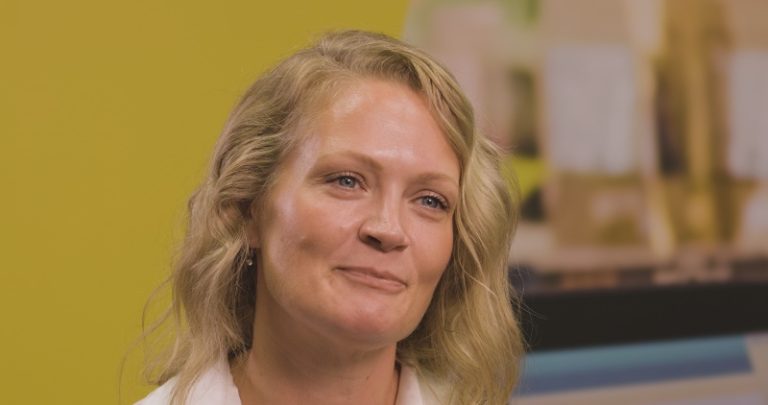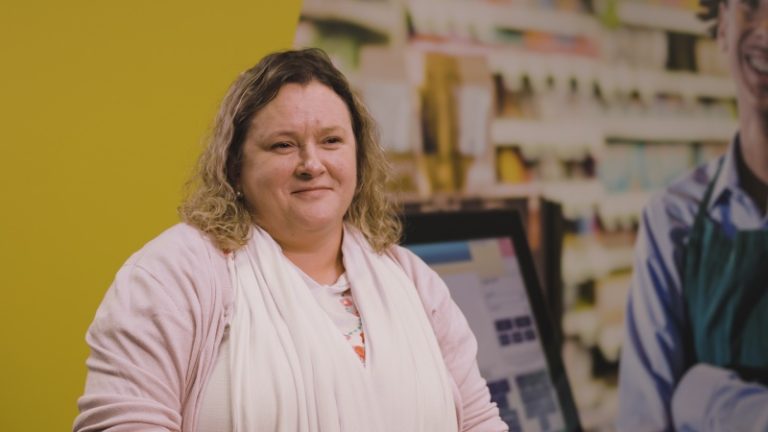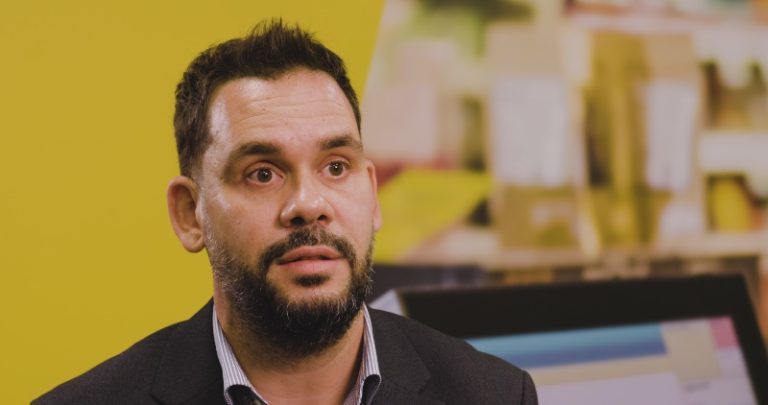Eight questions to help decide if university is your next step
Eight questions to help decide if university is your next step

Deciding what to do after A-levels can be tough. Here's how to work out if university - or something else - is your best next step.
1. What's your end goal?
Perhaps not the most obvious starting point, but if you go to university what would you like to do when you finish? Understanding your end goal can help you explore other options and work out if university is your best route.
Knowing what you want is not essential. Some people chose university because they don’t have any career ideas but enjoy a particular subject and want to see where it might lead. Whichever route you choose, being clear about your motivation will help you get the most from your experience.
2. What are the alternatives?
If you don’t go to university, what else could you do?
Some options include:
- Higher and Degree Apprenticeships – these now provide pathways to many careers traditionally followed by graduates.
- Getting a job – there are lots of opportunities and trainee positions for school leavers. Some people choose to work first and go to university a few years later when they have a better idea of what they really want. Others find their feet at work and never look back. Check out Notgoingtouni for advice about different routes and vacancy details.
- Taking a Gap Year – doing something different is a great way to try new things and find out what you like, and may help you make more focused choices.
3. Do you need a degree?
Sometimes, a degree is little more than a passport – employers want to know you have one but don’t mind what you’ve studied. For certain careers, a degree is not necessary and work experience is more important. And in other careers, such as medicine, a degree in a set subject is essential.
If you want to follow a specific career, there may be different ways you can qualify. For example, did you know you can become a lawyer without going to university? Alternative routes are not always equal to a degree – they may only allow to you progress to a certain level – so be sure to check out any limitations.
4. How much will going to university cost?
Fees and talk of student debt are not always particularly meaningful, especially when your future earnings and living costs are uncertain. But you can find out what going to university is likely to cost, what help you can get, and what student loans mean.
Explore different scenarios so you can make a decision with your eyes open – what would student loan repayments look like if you had a well-paid, average, or low-paid job?
5. Have you done your research?
Look closely at course content. Just as there is a difference between subjects at GCSE and A-level, so the jump from A-level to degree can bring a different focus.
There are also subjects you can start from scratch. The Open University’s Open Learn offers free university-level modules in a wide range of subjects and can give you a taster of what a full course may involve.
Open days can help you get a feel for what you like, both in terms of courses and the wider university experience.
Consider employment prospects for your chosen course – where have recent graduates ended up? Find out more with the What do graduates do? report from the Association of Graduate Careers Advisory Services.
6. What about additional benefits?
As with many aspects of life, the path you take will have advantages you don’t expect. In the long term, you may find the benefits of your general university experience – such as developing confidence, making connections, or involvement with clubs and societies – more important than your actual studies.
No one would suggest going to university just because you’re likely to make some great friends or write for the student paper – but what you end up valuing the most may have little to do with your course.
7. Can you do things differently?
Going to university doesn’t mean you need to move to a new town and become a full-time student – there are different and more flexible ways to get a degree which may suit you better. You could:
- Study at your local university and live at home
- Do a part-time degree that you can combine with work or other commitments
- Study with the Open University (distance learning courses which mean you can study at a time and place that suits you)
- Do a sponsored degree. Certain employers will pay for you to do your degree but you may need to work for them first and/or for a certain period after you graduate
8. What's right for you?
It can be easy to fall into doing the same as your friends or what your parents or teachers expect, so consider if your next step is really right for you.
Also bear in mind that people looking back at their university days often have rose-tinted glasses. They may have gone to university when fees were much lower or before they were introduced, or graduated when a degree was a sure-fire route to a good job.
Advancements in technology and the changing nature of the job market mean that many jobs of the future don’t yet exist. The ability to continue learning – whatever route you take – will be an essential skill in your working life.
Top takeaway: You can’t know how your life will turn out if you go to university or if you choose a different route, but you can find out the facts and consider the alternatives.
Find out more
For more help making decisions, see:
Choosing well: how to pick the right path for you
What next after A-levels or college?
And if you’ve decided you want to go to university, see:
Applying for university? Tips on writing your UCAS personal statement
Useful links
Bright Knowledge has lots of information and advice on choosing a university.
UCAS enables you to research your university choices and courses. You also apply for higher education courses through their website.
WhatUni.com helps you compare courses and universities.
The Guardian University Guide has profiles of every university and course in the UK, league tables and student news.
Last updated: 8th August 2023





